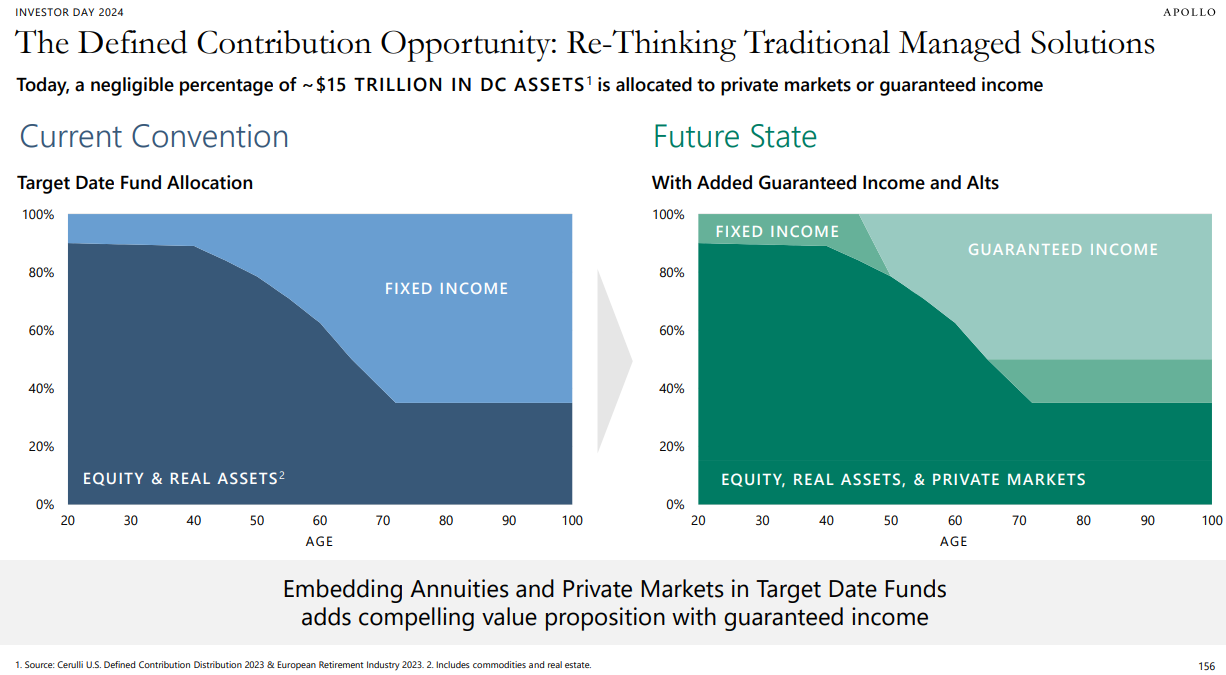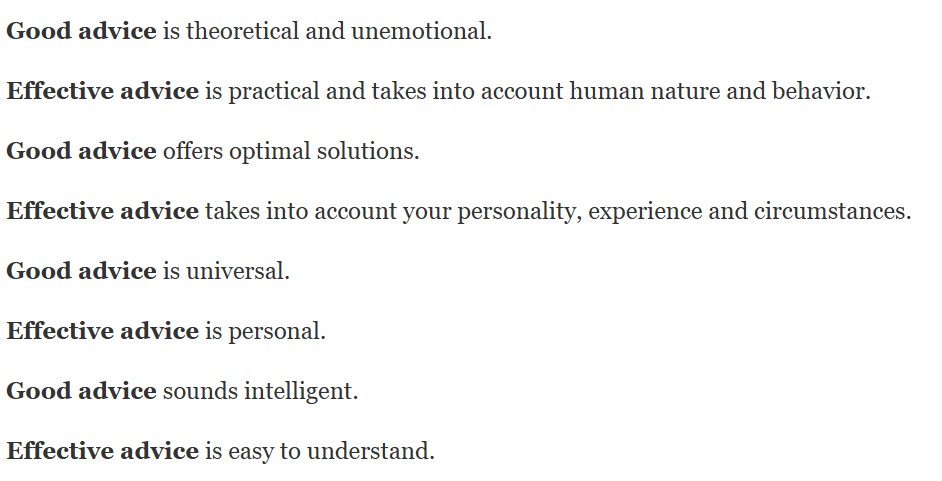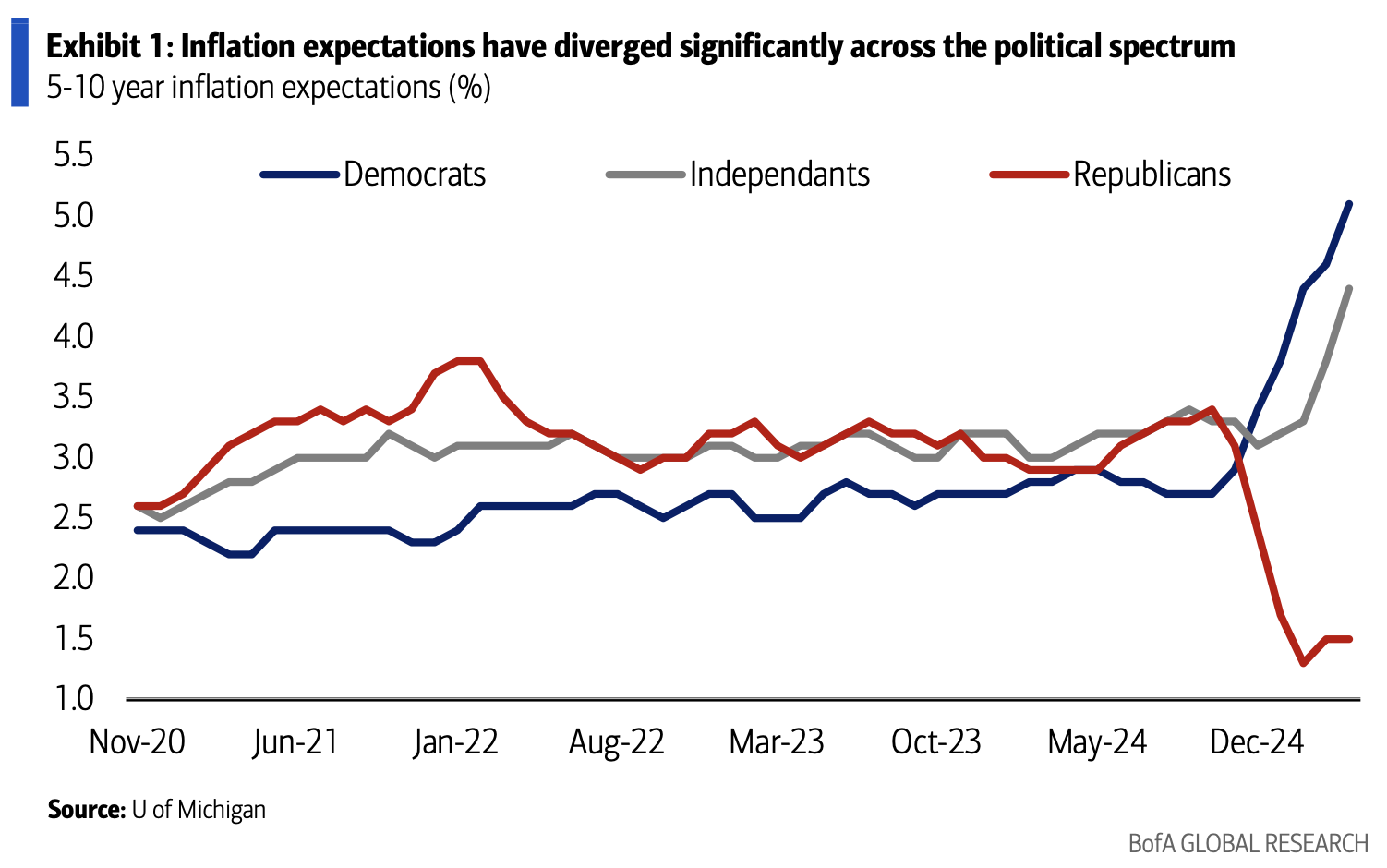$40K used cars, $200K in 529s, and $20K+ a year in extras—are we underestimating the real cost of college years?
A Reddit user is hoping to retire early, but he isn’t sure what to do about covering college costs for his kids. He is afraid that the $200K he was planning to put into a 529 plan isn’t going to cut it, and he’s concerned that he’s underestimating the true cost of a college education. […] The post $40K used cars, $200K in 529s, and $20K+ a year in extras—are we underestimating the real cost of college years? appeared first on 24/7 Wall St..

Key Points
-
A Reddit user is trying to determine if he has saved enough for college.
-
He’s worried he may be underestimating the expense since some parents report providing substantial spending money and expensive cars.
-
Funding a lavish lifestyle for a college kid isn’t required, and the OP will need to decide if he wants to prioritize his own retirement.
-
Are you ahead, or behind on retirement? SmartAsset’s free tool can match you with a financial advisor in minutes to help you answer that today. Each advisor has been carefully vetted, and must act in your best interests. Don’t waste another minute; get started by clicking here.(Sponsor)
A Reddit user is hoping to retire early, but he isn’t sure what to do about covering college costs for his kids. He is afraid that the $200K he was planning to put into a 529 plan isn’t going to cut it, and he’s concerned that he’s underestimating the true cost of a college education.
So, is the original poster (OP) right to be afraid that he isn’t really prepared to pay for his children’s education? Should he put his early retirement dreams on hold until he is able to invest more to ensure his kids get the ideal educational experience without any financial worries? Or, is he overthinking the situation, and will $200K be enough?
Estimating the true cost of a college education
The Redditor explained that the concern he has stems from what other people say they spent on college.
While he is putting money into a 529 account to cover the costs of tuition, the problem is that he keeps hearing about a lot of extra expenses. For example, others in his circle have discussed spending $40,000 for a used car for their kids who are attending college, as well as giving their children $20,000 annually in extra spending money for costs beyond tuition, fees, and basic food and other necessities.
Now, of course, it is entirely possible that many parents do provide all of that to their children. However, just because some parents enable their kids to live really well in college does not mean that this particular poster has to provide all of these extras. A $40K used car is not an essential purchase for a college student. In fact, many college kids get by without any car at all.
There’s also no reason to guarantee his kids a huge amount of extra spending money. If he’s covering tuition costs with the 529 funds, there’d be nothing wrong with asking his kids to save up for their pocket money by working during the summers and maybe even working a little during the school year to cover some costs.
Of course, if the OP wants to provide this lavish lifestyle, then that’s his business — but he will have to decide if doing that is more important to him than early retirement or if he has fulfilled his obligation to his kids by paying their tuition (which is more than most kids get).
Weighing competing financial priorities is essential

The reality is, very few people can do everything they want with their money. This is why it is important to work with a financial advisor to identify which goals are the most important and to set up a plan for achieving them.
An advisor can help the OP to clarify what kind of financial help he wants to provide for his kids when it comes to college, and can work with the poster to understand what this decision will mean for his retirement plans. An advisor can also help the OP make a more realistic assessment of the base costs of earning a degree because, depending on how long it is until his kids go to college and what kind of school they pick, earning their degree may be more than the $200K that the poster was preparing for. It’s best to know that ASAP if that’s the case, of course.
With the clarity that an advisor can provide, the OP can make the choice that makes sense for him, given his priorities and values.
The post $40K used cars, $200K in 529s, and $20K+ a year in extras—are we underestimating the real cost of college years? appeared first on 24/7 Wall St..



















































































































































































